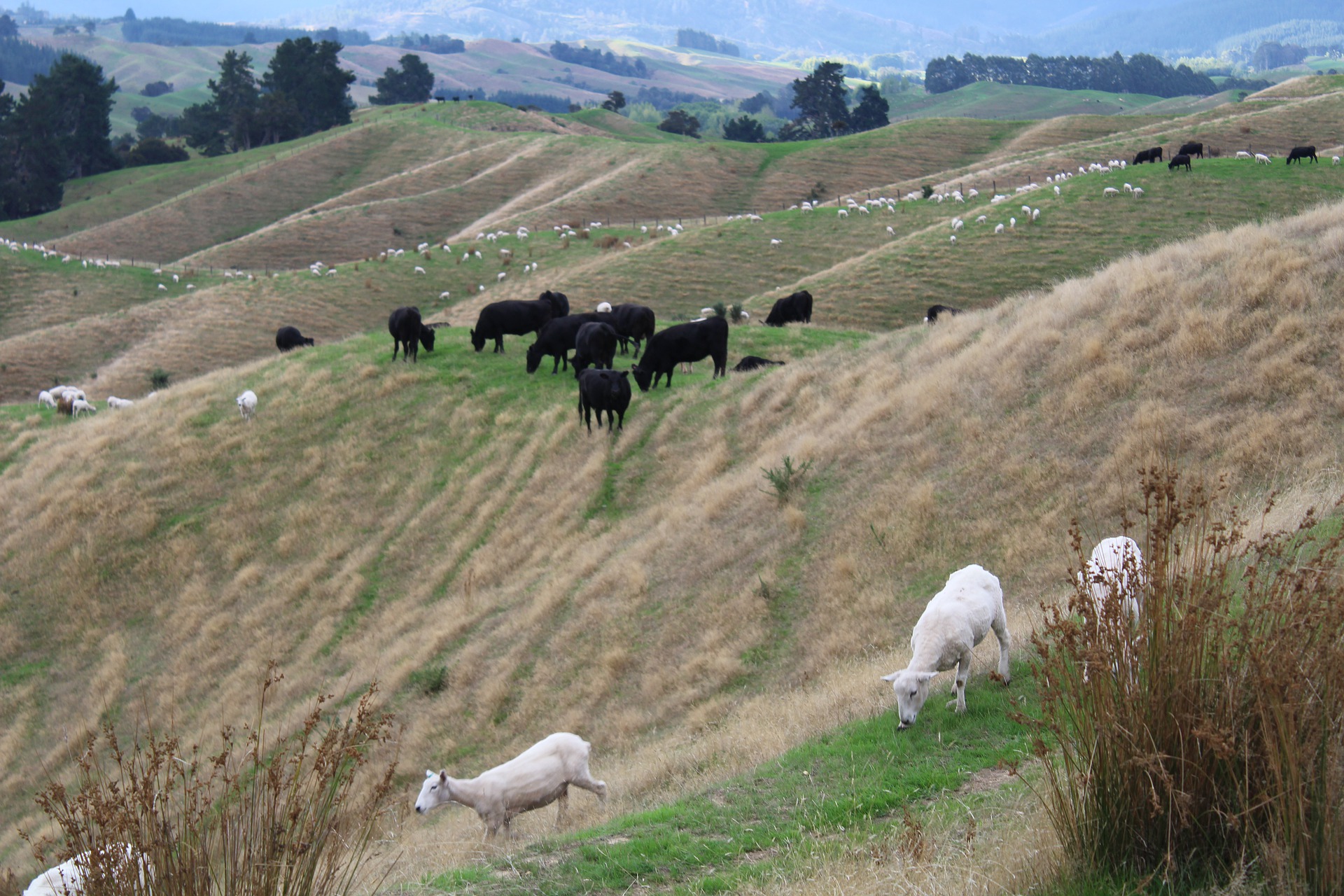Journal/
conference: New Zealand Journal of Agricultural Research
conference: New Zealand Journal of Agricultural Research
Research:Paper
Organisation/s:
AgResearch, University of Otago
Funder:
This work was funded by the New Zealand Ministry for Primary Industries through the New Zealand Fund for Global Partnerships in Livestock Emissions Research to support the objectives of the Livestock Research Group of the Global Research Alliance on Agricultural Greenhouse Gases and the European Research Area Network Co fund for Monitoring & Mitigation of Green-house gases from Agri- and Silvi-culture (Agreement number: S7-SOW16-ERAGAS-MAGGEpH).SG was also funded through a University of Otago Doctoral Scholarship.



 New Zealand
New Zealand


